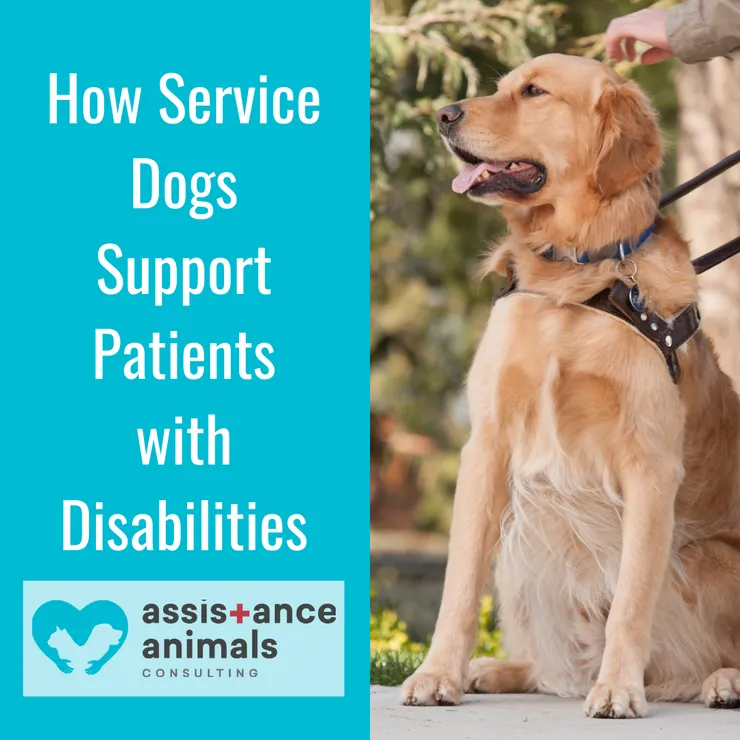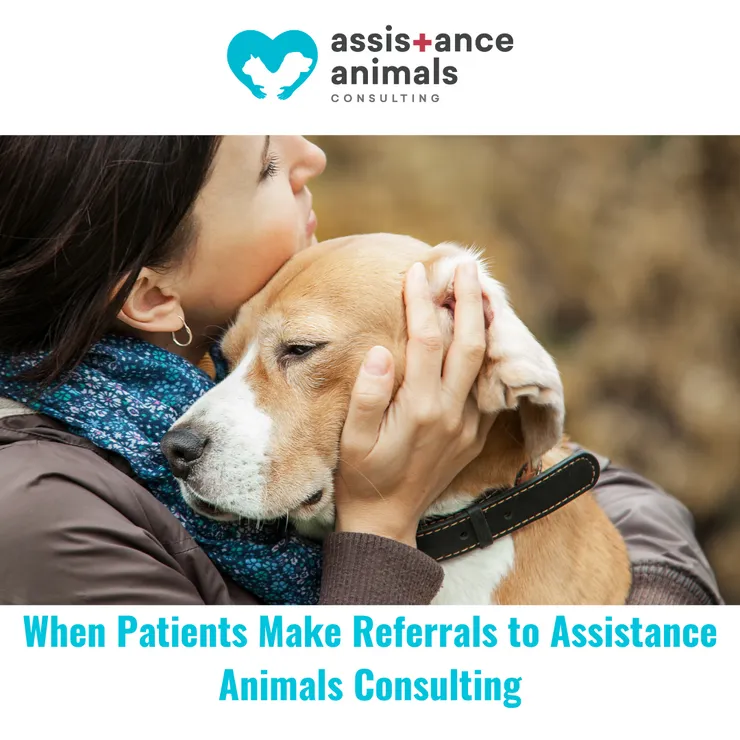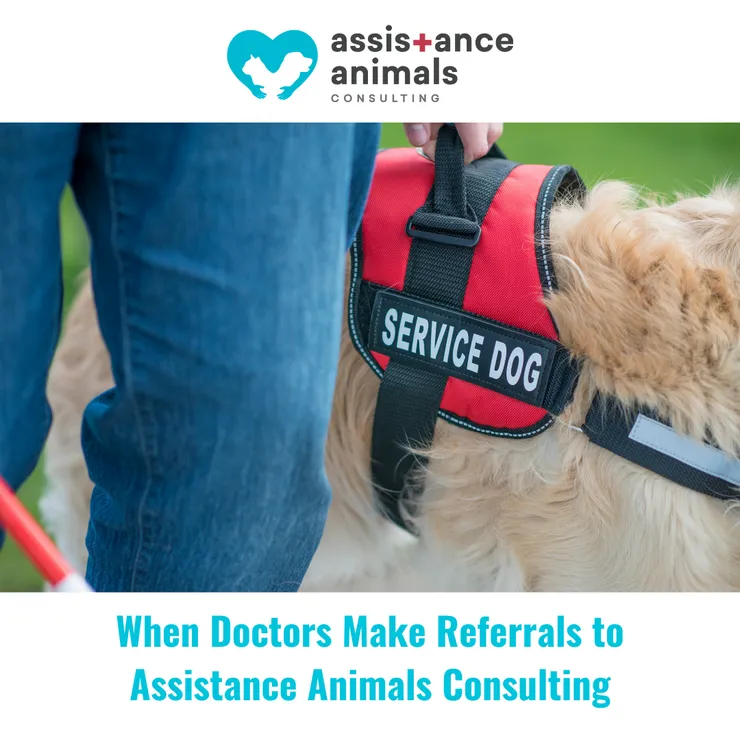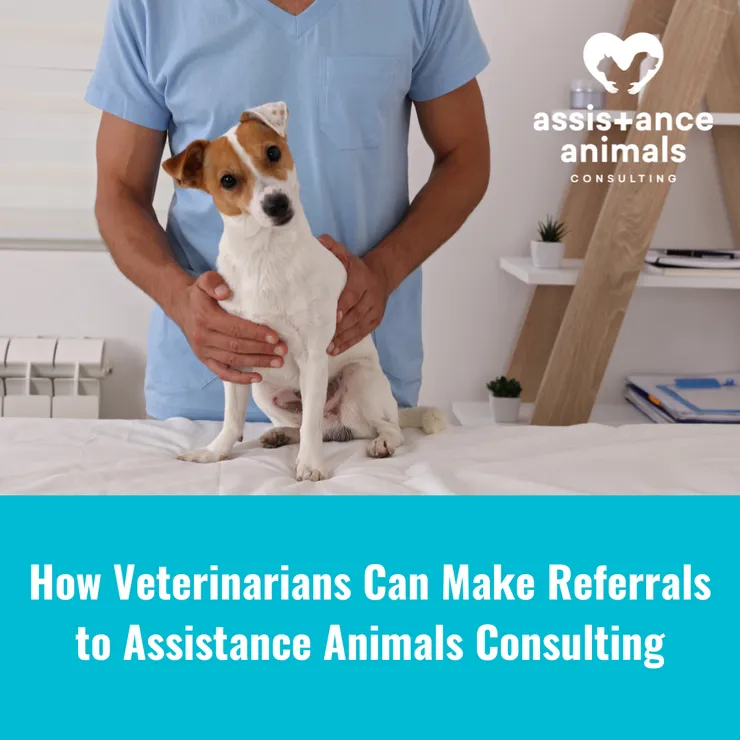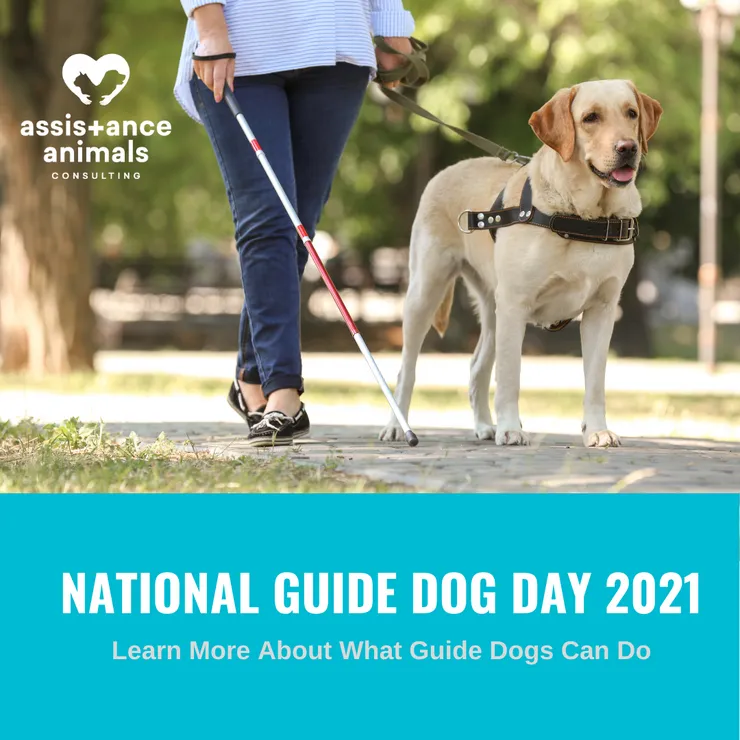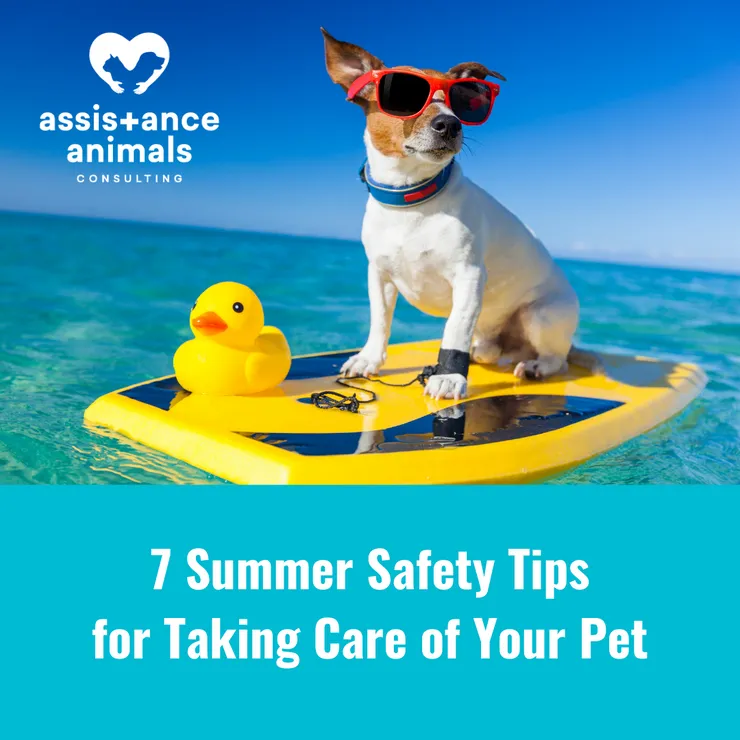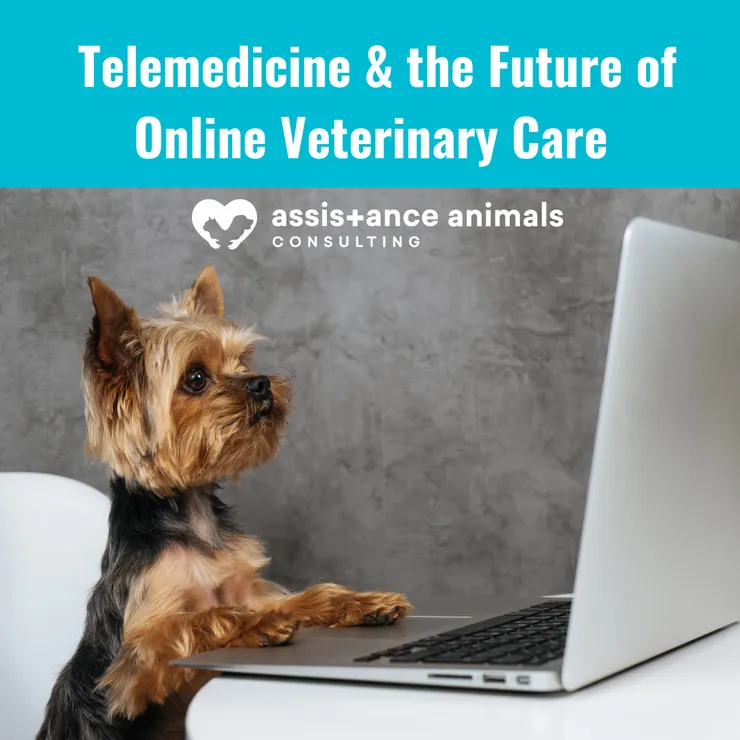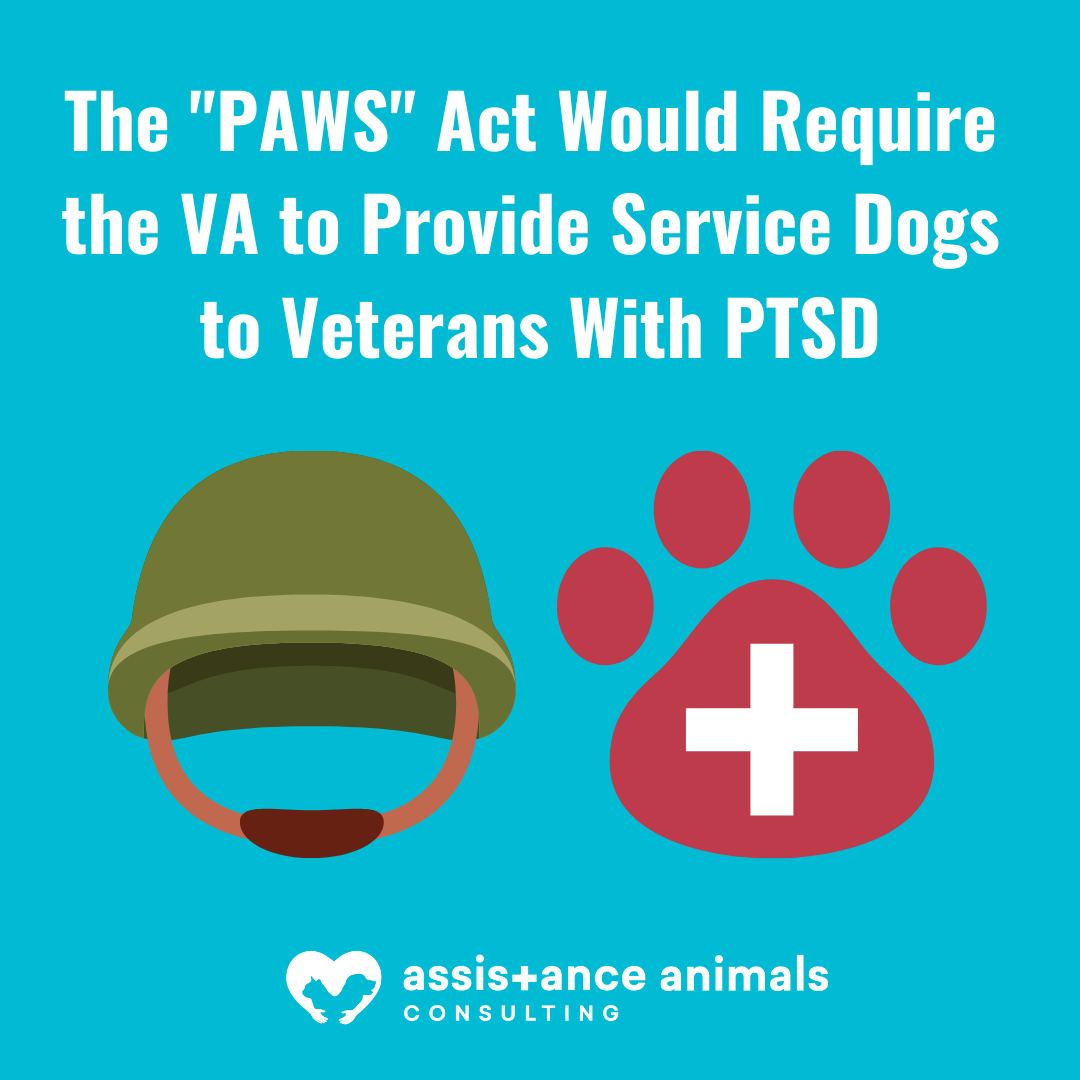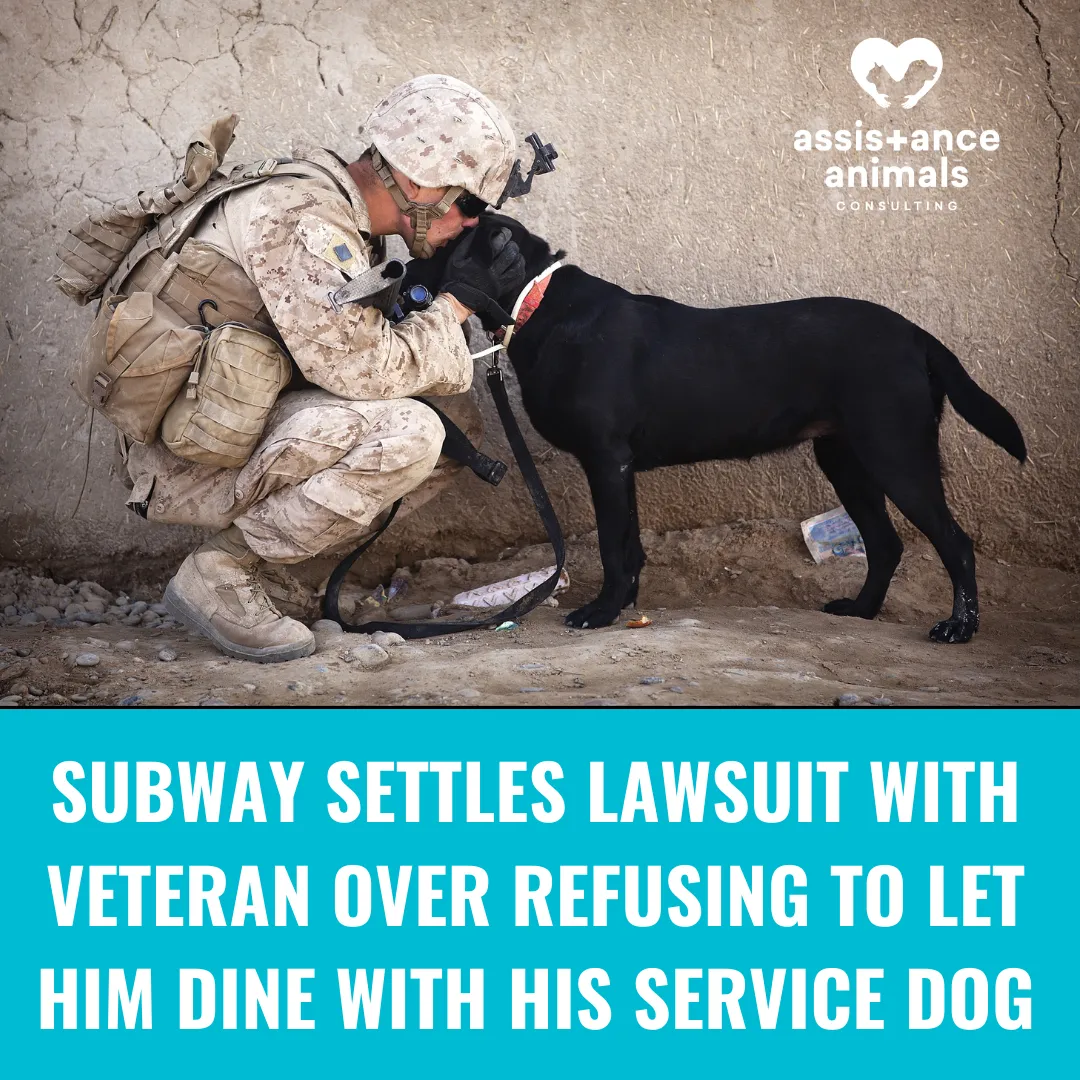3 steps to improving outcomes of patients with assistance animals
3 steps to improving outcomes of patients with assistance animals
In my work as a veterinarian, I understand one of the responsibilities of my profession is to collaborate with a multitude of individuals to advocate for the health and welfare of animals. Being in this profession also requires educating and guiding human healthcare professionals to responsibly prescribe animals for therapeutic purposes.
Today with #letstalktuesday, Assistance Animals Consulting is discussing the 3 steps human healthcare professionals can take to improve patient outcomes when prescribing an assistance animal.
1. Pre-Consultation with a Veterinarian
Consulting with a veterinarian in the initial phase when considering using an animal for a therapeutic purpose is important for a multitude of reasons. A veterinary pre-consultation provides a more comprehensive approach to healthcare and allows for the veterinarian to provide the contributions of their field to assist in improving the patient’s health and wellness.
Veterinarians not only provide insight on animal health, care, welfare and cost, we can also provide insight on the best animal to be used to maximize the therapeutic application. For example, if a cardiologist decides to prescribe a heart medication for a patient with kidney dysfunction, the cardiologist will consult with the patient’s nephrologist to ensure the medication prescribed can have an overall positive health outcome for their mutual patient.
The operating standards for human healthcare has been developed to defer to a specialist for a specific system or field. However, I find this same deferment is absent when animals are prescribed to improve human health.
I am a firm believer human health outcomes can improve tremendously if a veterinarian is able to provide guidance through a pre-consultation with the prescribing healthcare professional. The health and welfare of both humans and animals involved in animal-assisted intervention programs must be considered and ensured, therefore, veterinary consultation from the beginning is critical.
Overall, pre-consulting with a veterinarian can aid in developing an appropriate plan of action for the patient and the working animal, aid in optimizing the function of the human animal partnering team, aid in creating positive human-animal interactions and aid in improving overall patient outcomes.
2. Partner with a reputable dog trainer
Partnering with a good, reputable positive reinforcement dog trainer is important to assist with modifying the behavior of the dog prescribed and utilized in the Animal-Assisted Intervention plan.
Having a well trained dog is not only important to improve the human-animal bond, it also has positive impacts on the animal’s mental health, improves its social behavior, decreases behavioral problems and helps to prevent dog bites.
A dog prescribed to be an assistance animal has a greater likelihood of increased public interactions. More than 4.5 million people are bitten by dogs each year in the United States, and more than 800,000 receive medical attention for dog bites, according to the U.S. Centers for Disease Control. Dog bites are preventable through proper training.
Every prescribed assistance animal needs to be trained to be successful in its home and public life. Having a partnership with a trusted and reputable dog trainer in which you can refer your patient that has been prescribed an assistance animal will allow you to create a successful human-animal partnership, aid in strengthening the human-animal bond and it will also assist in improving overall human-animal interactions.
3. Post-Consultation with a Veterinarian:
Consulting with a veterinarian after the human-animal partnership is in place and after the dog training is complete is imperative to evaluate the effectiveness of this alternative therapy plan.
A veterinary post-consultation allows the veterinarian to evaluate the effectiveness of the dog training program, assess the assistance animals overall health and welfare, screen for temperament and behavioral traits in the assistance animal which threaten public health and safety, assess the effectiveness of the human-animal partnership, and assess the mutual benefits of the human-animal bond.
The post veterinary consultation not only allows for the evaluation of the assistance animal and the human-animal interaction, but it also allows the veterinarian to provide guidance for any concerns that may have presented.
After this evaluation, the veterinarian is able to provide recommendations for additional training needs that should be considered for the human-animal team. Performing a post consultation with a veterinarian helps to ensure the Animal-Assisted Therapy plan is working properly.
Being a veterinarian requires educating and guiding human healthcare professionals to responsibly prescribe animals for therapeutic purposes.
At Assistance Animals Consulting, we are veterinarians, recognized experts uniquely qualified to serve the community by providing resources for education, behavioral understanding, and guidance regarding working animals. No one is better able to monitor the health and welfare of the animals involved in Animal-Assisted Intervention programs than a veterinarian. At Assistance Animals Consulting, our veterinarians apply the contributions of the veterinary profession to help maximize the therapeutic applications of the human-animal bond. Contact us today, let’s talk!
